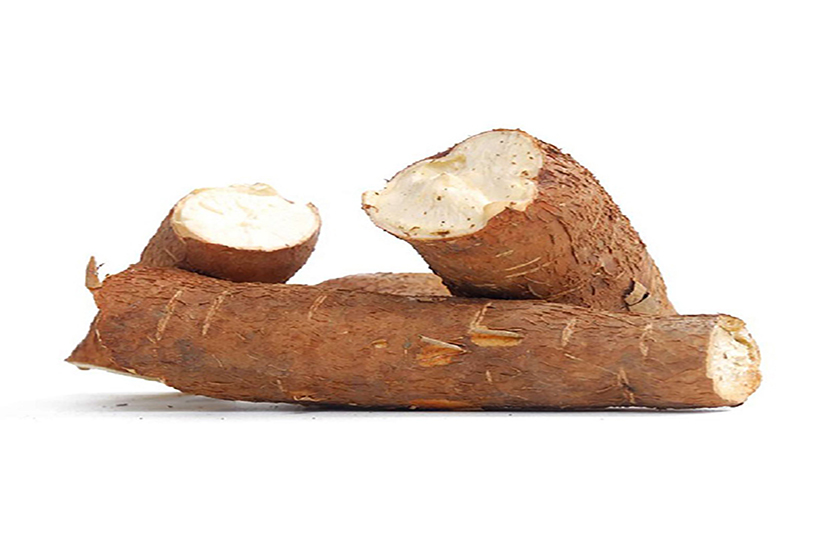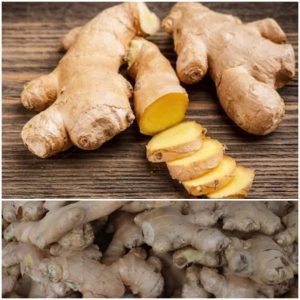Yuca/Cassava
Cassava is a perennial plant with conspicuous, almost palmate (fan-shaped) leaves resembling those of the related castor-oil plant but more deeply parted into five to nine lobes. The fleshy roots are reminiscent of dahlia tubers. Different varieties range from low herbs to branching shrubs and slender unbranched trees.
It is cultivated throughout the tropical world for its tuberous roots, from which cassava flour, breads, tapioca, a laundry starch, and an alcoholic beverage are derived. Cassava probably was first cultivated by the Maya in Yucatán.
Product Name: Yuca/Cassava
Botanical Name: Manihot esculenta
Tariff – HS Code: 110814
Local Productions: Approx 10.6 million metric tons/Yrly
Quality Standards
calories: 330
protein: 2.8 grams (g)
carbohydrate: 78.4 g
fiber: 3.7 g
calcium: 33.0 milligrams (mg)
magnesium: 43.0 mg
potassium: 558.0 mg
vitamin C: 42.4 mg
thiamine: 0.087 mg
riboflavin: 0.048 mg
niacin: 0.854 mg
Specifications
Package
Paper, plastic and sack bags
Uses
People use the root as a food and to make medicine. Cassava is used for tiredness, dehydration in people with diarrhea, sepsis, and to induce labor, but there is no good scientific evidence to support these uses. Cassava root and leaves are eaten as food. The nutritional value of cassava is similar to a potato.



Reviews
There are no reviews yet.